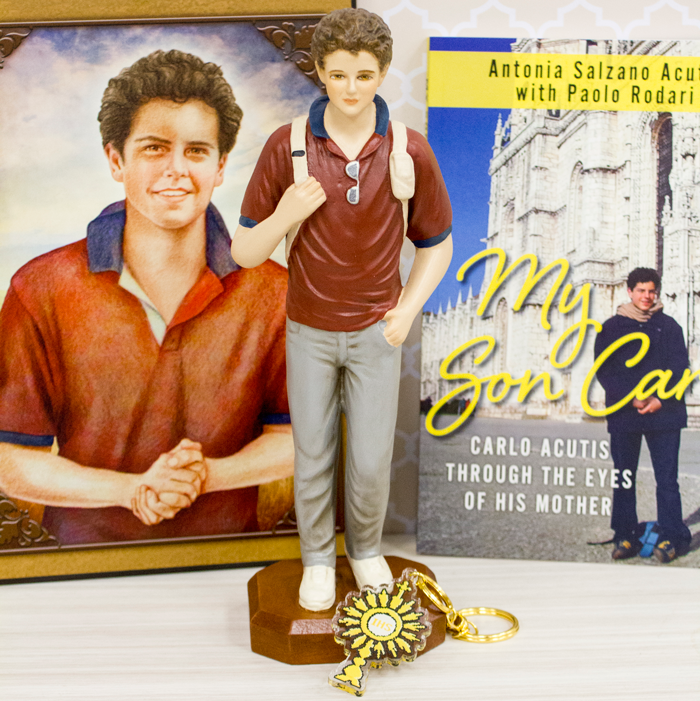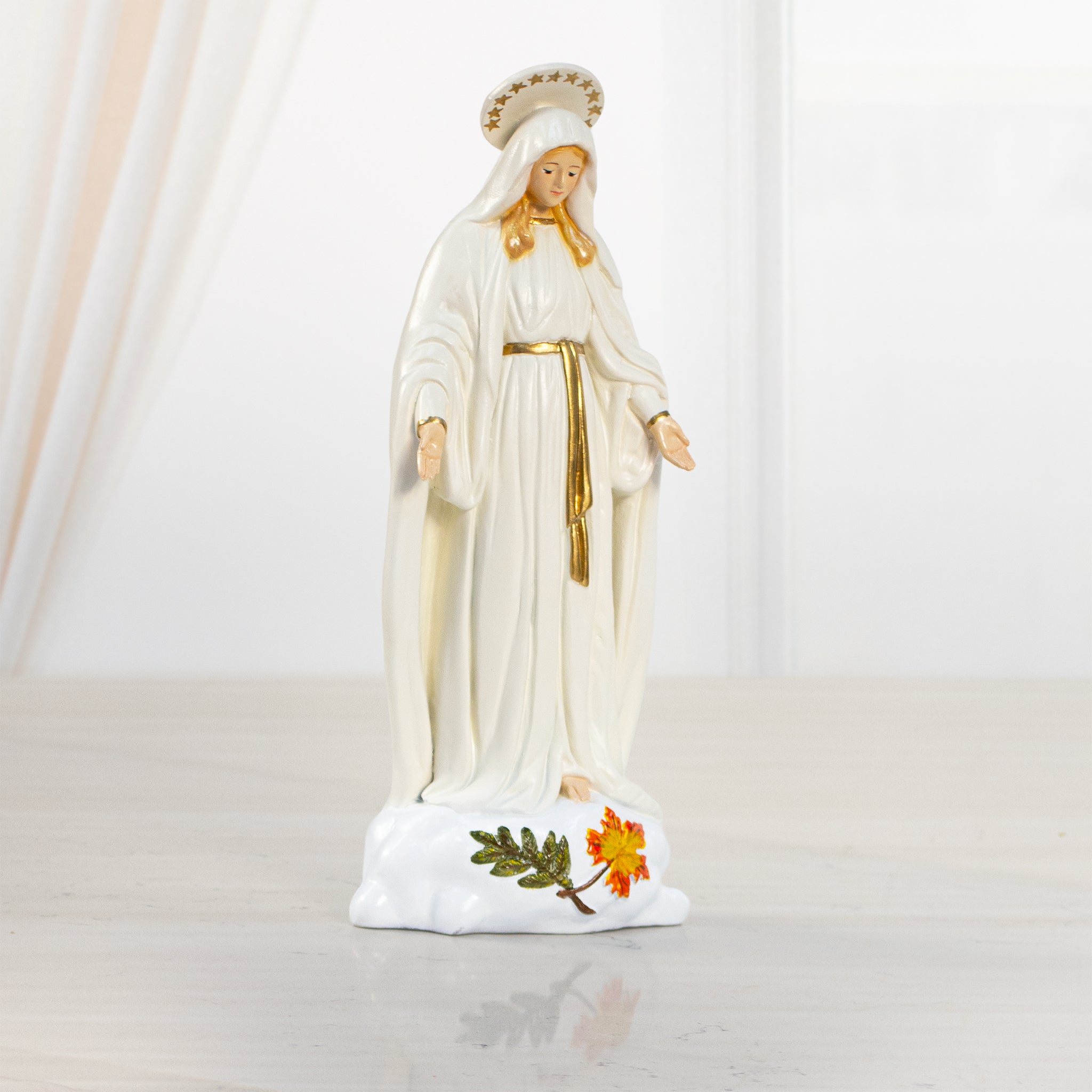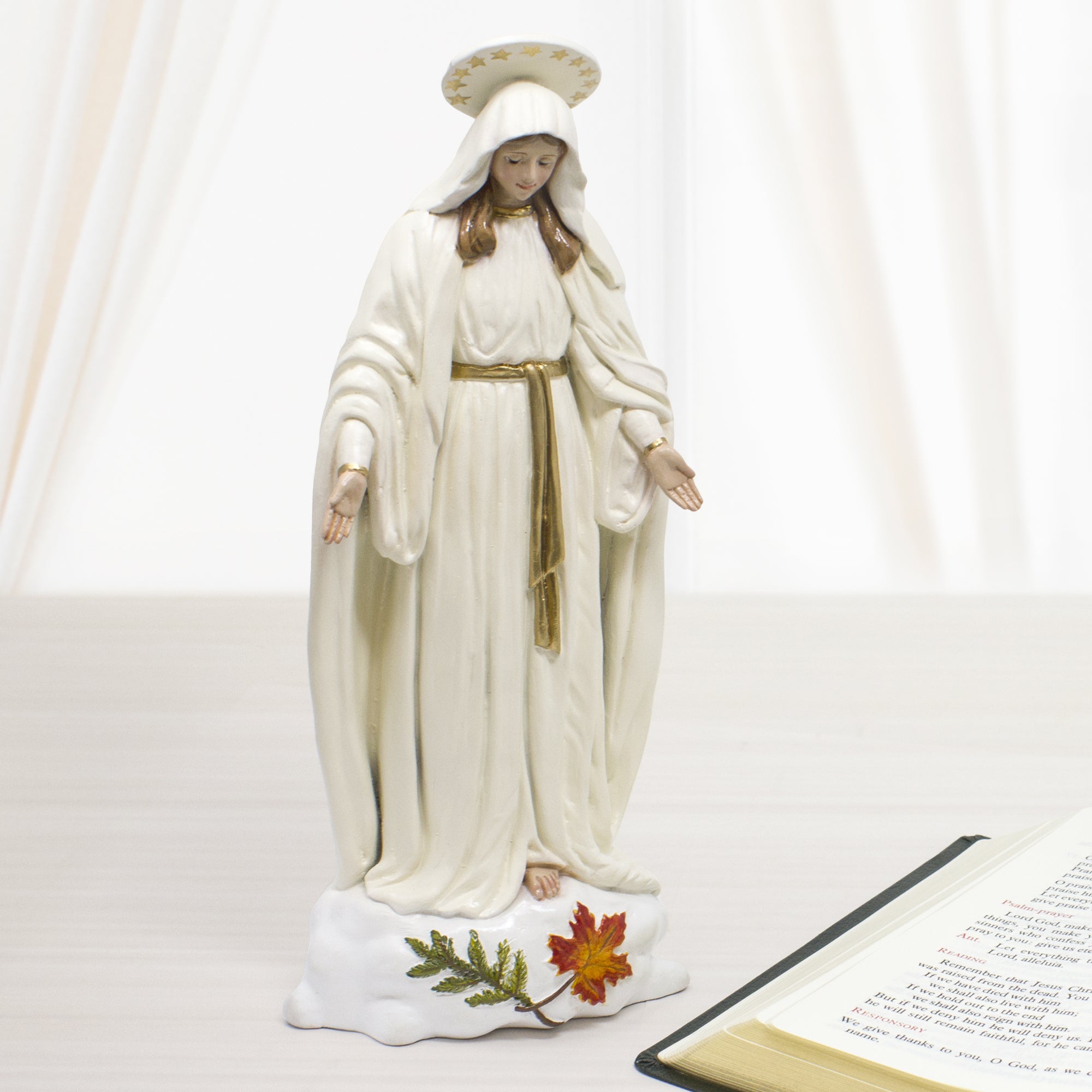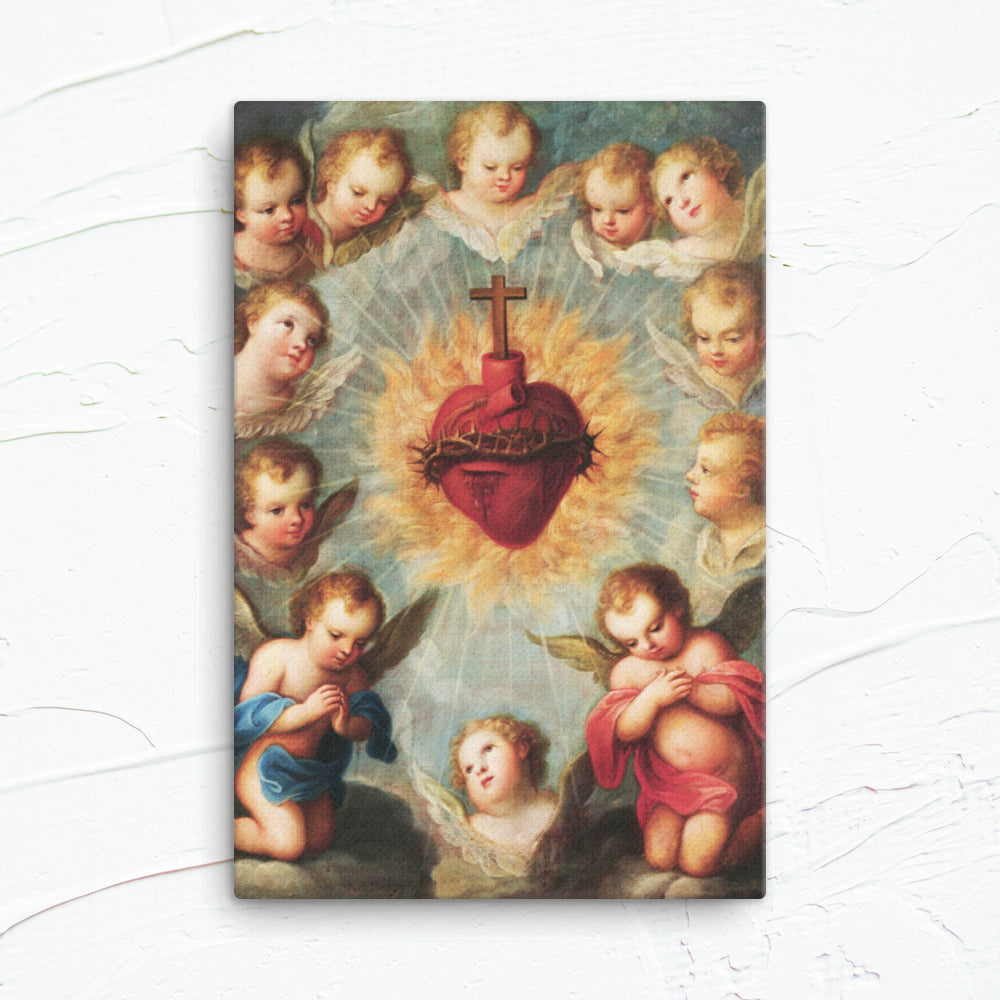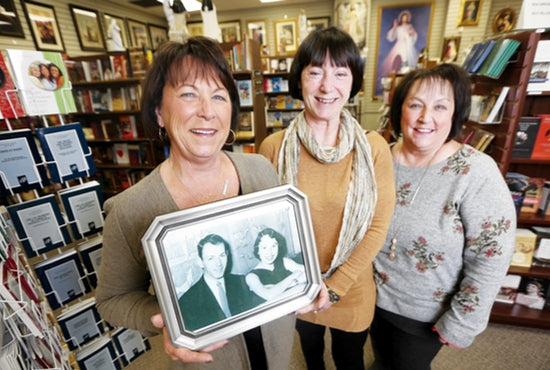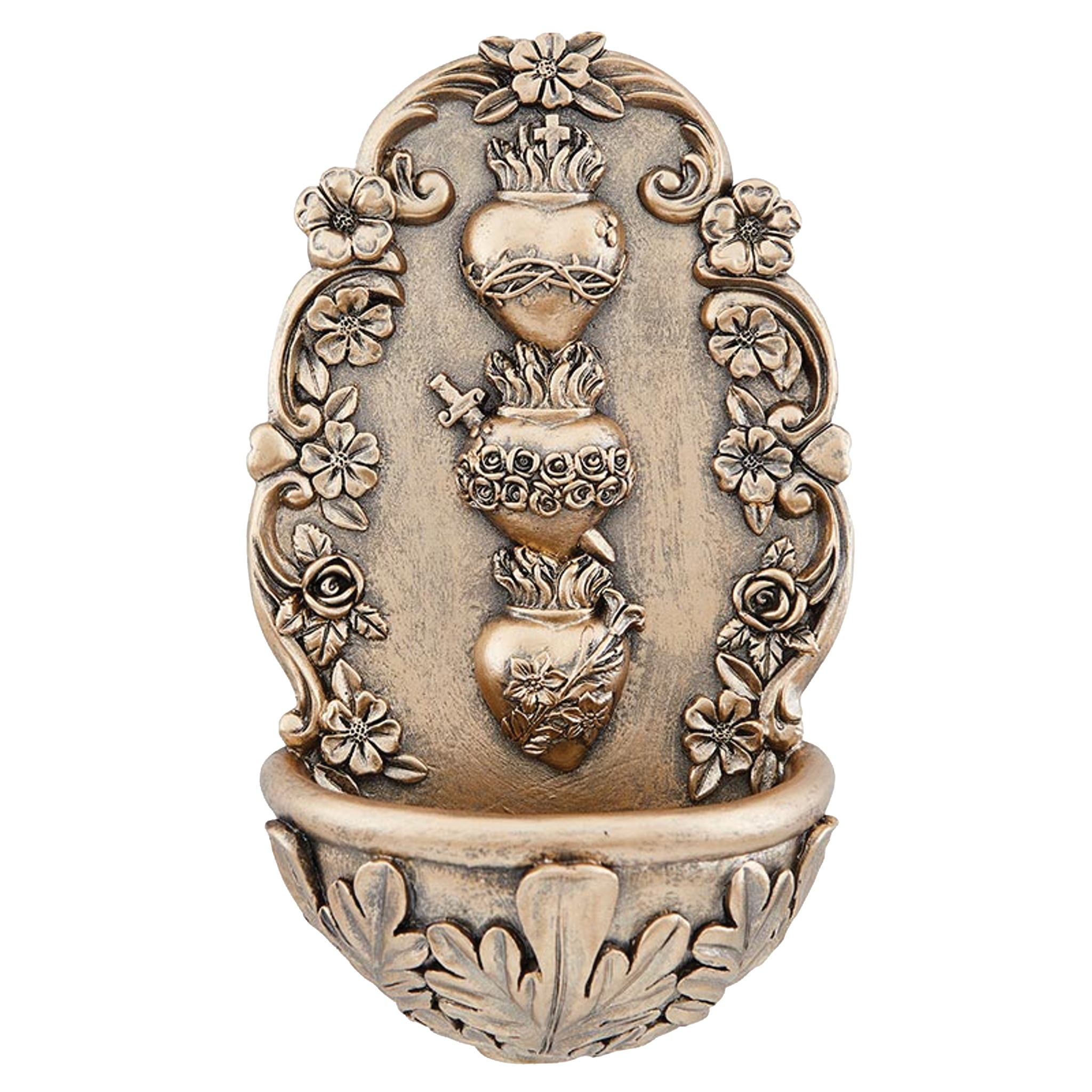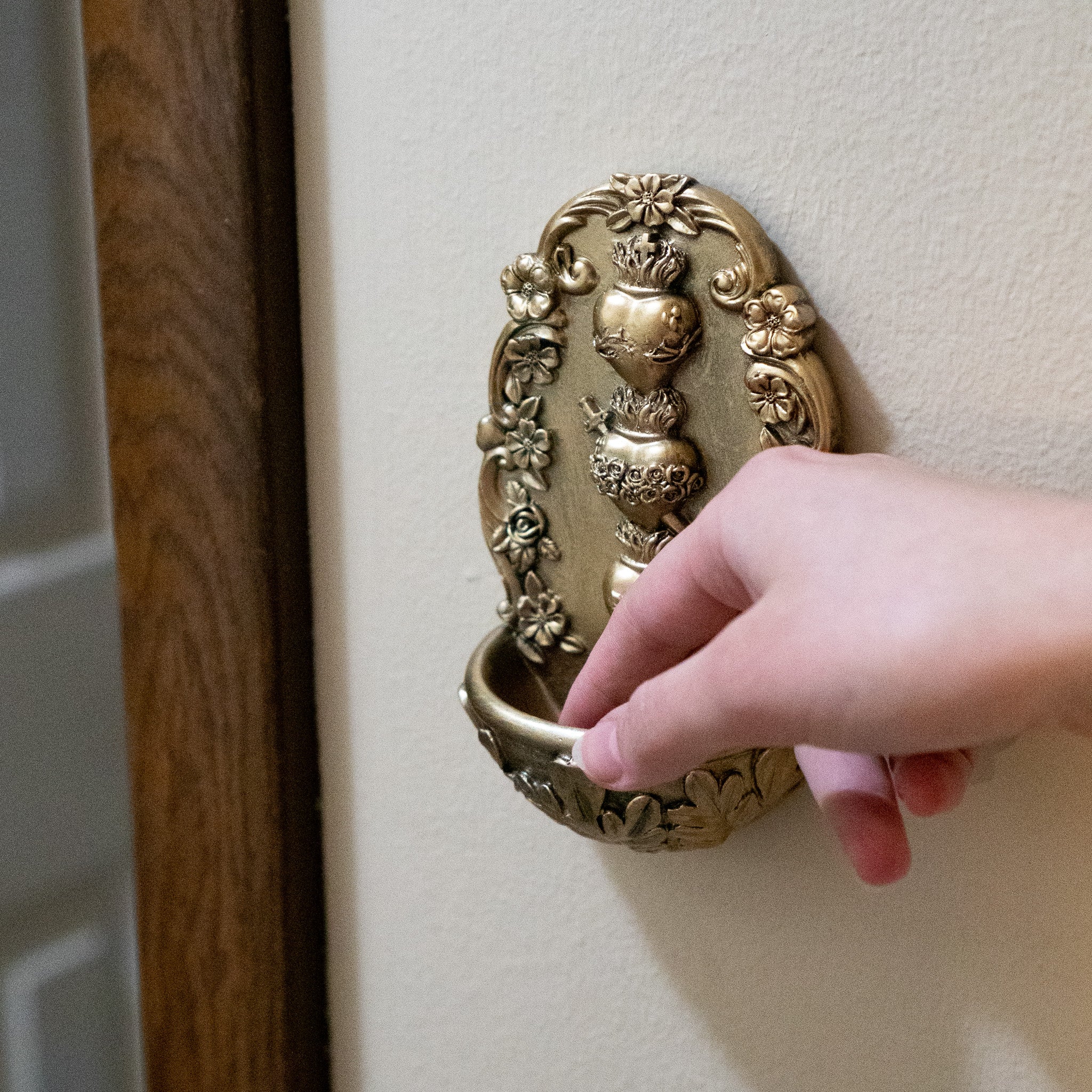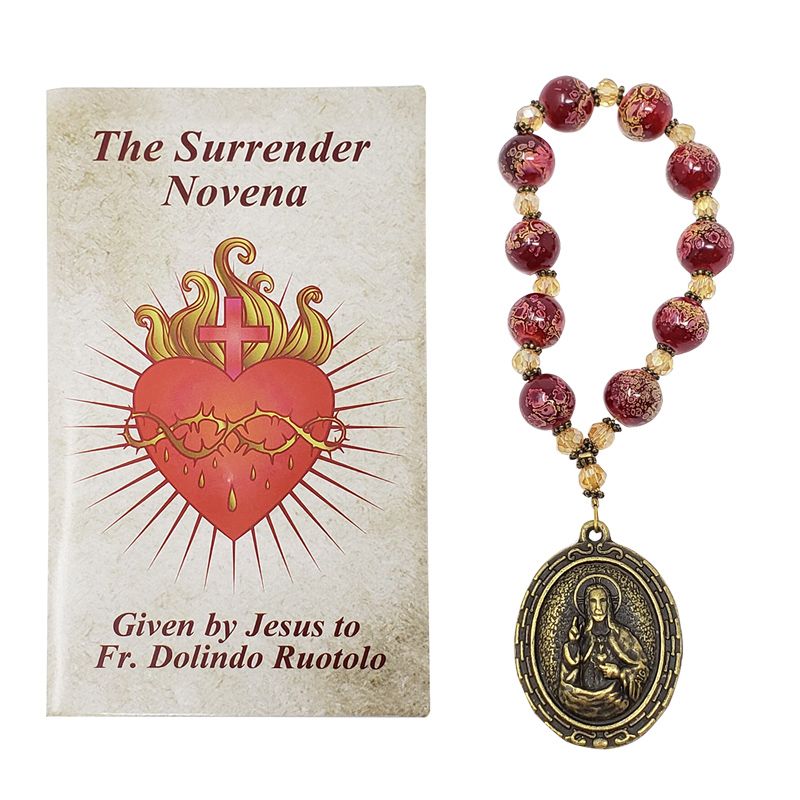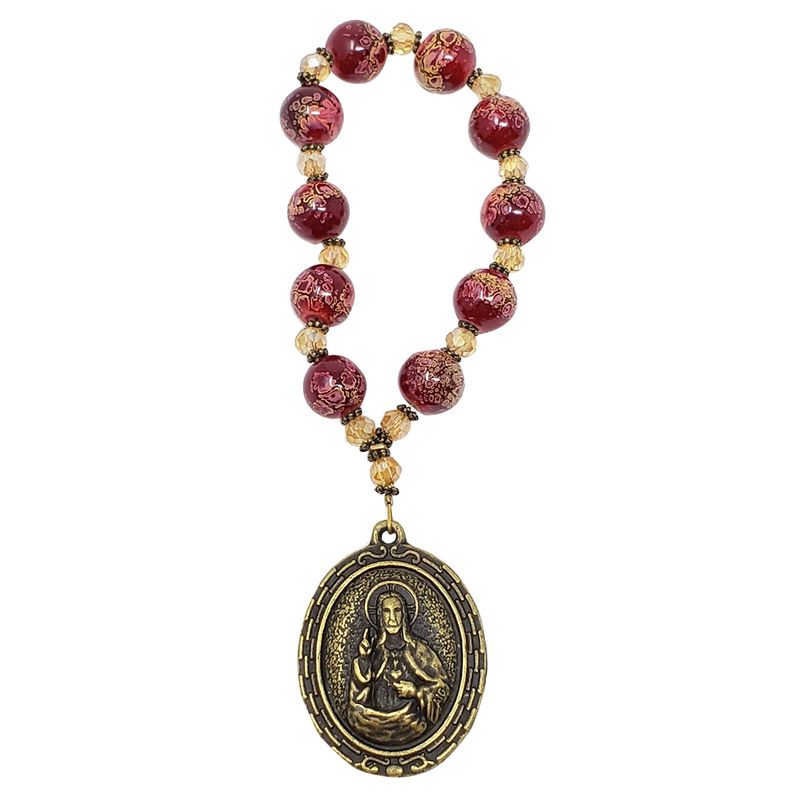June 3rd is the memorial of St. Charles Lwanga & Companions - Ugandan martyrs who were killed in 1886. It can be easy to think that persecution and martyrdom for the Catholic faith went away after the first few generations of Christians, however this is very much not the case. In many parts of the world, there is still a lack of religious freedom to this day. The story of the twenty-two Ugandan martyrs, including St. Charles, highlights the strength and zeal that still exists in the church in the face of persecution and torture. Let it inspire you and be grateful for the blessing of religious freedom that exists in our countries.

A Community of Converts Forms
In 1879, the White Fathers, a French Roman Catholic missionary society, arrived in Africa with the goal to teach and spread the Catholic faith throughout Africa - starting in Uganda. At the time these missionaries arrived, King Mutesa I (king of Buganda, now modern-day Uganda) was in power. He was very tolerant of missionaries and supported religious freedom. However, just a few years later in 1884, he died and King Mwanga II succeeded him. King Mwanga was very unlike Mutesa. He was infamously violent and intolerant of any Christian faith.
By this time, there was already a strong community of 200+ converts to the faith that had formed in Uganda - thanks to the White Fathers. Coincidentally, the leader of this community of Catholics was also the chief steward of Mwanga's court. His name was Joseph Mukasa. In a position of such close proximity to King Mwanga, Joseph saw a lot. When he witnessed King Mwanga kill a Protestant missionary and his group, Joseph confronted the King and challenged him. Unsurprisingly, the cruel king turned on his friendship and trust in Joseph and immediately had him executed. While the executioner tied him up, Joseph Mukasa famously said, "A Christian who gives his life for God is not afraid to die."
The Persecution Grows
Charles Lwanga took over the responsibilities that Mukasa held in the King's court. Like Mukasa, Lwanga too was active in his faith. Charles, who was a catechumen at the time of this "promotion" to the king's court, sought out and received baptism immediately, fearing he might be next.
As the persecutions on the King's court continued, Charles Lwanga personally began to baptize more of the catechumens who were a part of the King's household and thus, were in danger. The same day as these baptisms, King Mwanga ordered all members of his household to renounce the Christian faith. Anyone who resisted would face torture and death. Charles and a number of the newly baptized boys courageously held strong to their faith, refusing to renounce it.
The group was ordered to be executed at Namugongo, a common site for public executions. Namugongo was a two-day journey away. The executioners tortured the Christian boys and men as they traveled. They killed three boys along the way. Charles, who had been the spark behind the faith of many of these boys, was first to be executed. His execution was particularly slow and painful. The executioners lit a small fire under his feet, hoping it would mean a longer, slower death. As he burned, Charles proclaimed, "You're burning me, but it's like water you're pouring to wash me. Please repent and become a Christian like me."
The fire finally began to consume him more completely, and just before he died, he cried out, "My God! My God!" The rest of the boys were tortured and executed after Charles.
The Blood of the Martyrs is the Seed of the Church
In total, twenty-two young men and boys were killed. The Ugandan martyrs died in glory and with purpose, many of them reciting the Lord's Prayer aloud as they burned alive. The day was June 3rd, 1886. On October 18, 1964, Charles Lwanga and his twenty-one companions were canonized by Pope Paul VI. They were proclaimed the patron saints of converts and torture victims.

Annually on June 3rd, pilgrims from all over Africa gather in Namugongo, the place of their martyrdom, to honor the sacrifice and faith of the young men. It is estimated that between two and three million Christians make the pilgrimage to Namugongo for the June 3rd celebrations. Mugezi Simon, a pilgrim from Mbarara, Uganda said about the martyrdom of St. Charles and his companions:
"The story of the Ugandan martyrs inspires us to remain firm in our faith. If they died because of our faith, then walking a long distancer is a small sacrifice the rest of us can make."
Tertullian, an early Christian apologist and writer, said it best, "The blood of the martyrs is the seed of the Church." These young Ugandan martyrs could never have guessed that their sacrifice would be such a powerful witness of faith to an entire continent of people.
Prayer
Saint Charles Lwanga and Companions, the flame of faith burned in your hearts, while the flames of your executioners consumed your earthly bodies. The witness you gave through your martyrdoms became the spark that ignited faith in Christ in all of Uganda and across Africa. Please pray for me, that I will have the faith that you had so that God can take each suffering and cross I endure and transform it into good. Saint Charles and Companions, pray for me. Jesus, I trust in You.
- Prayer from catholic.org

